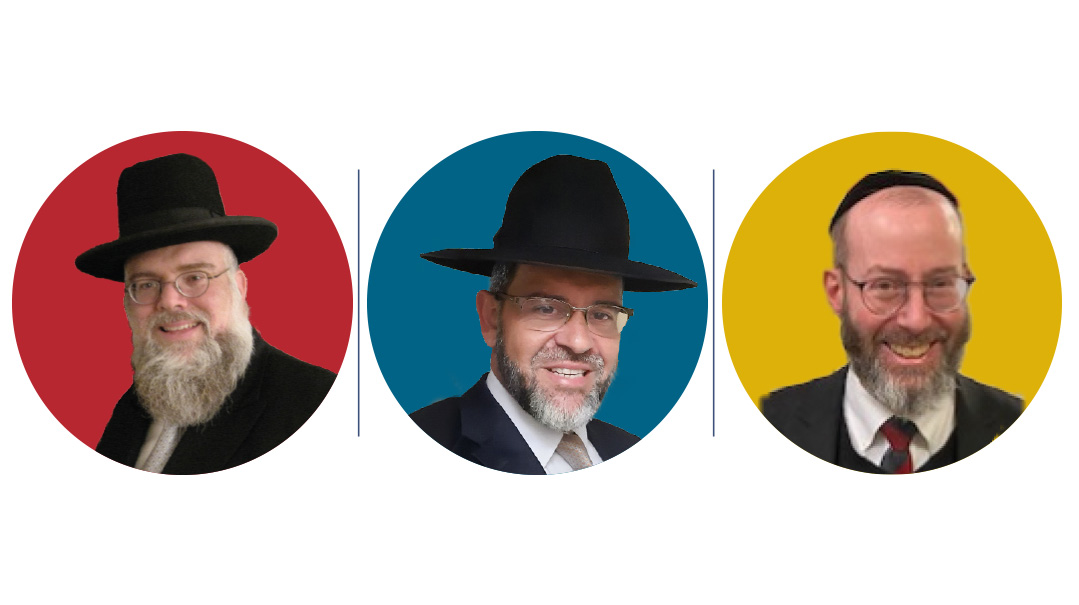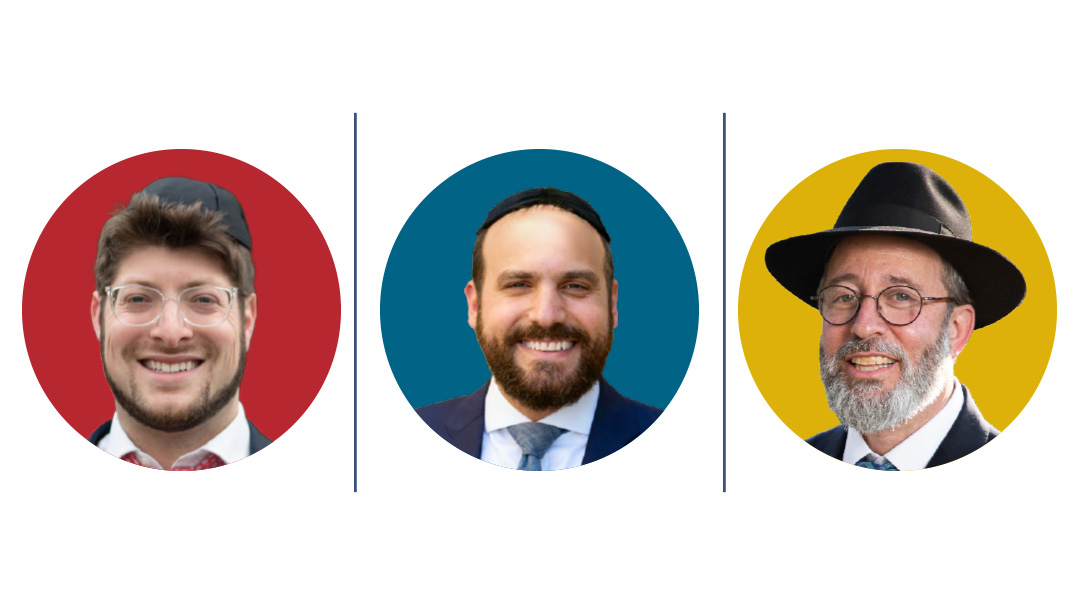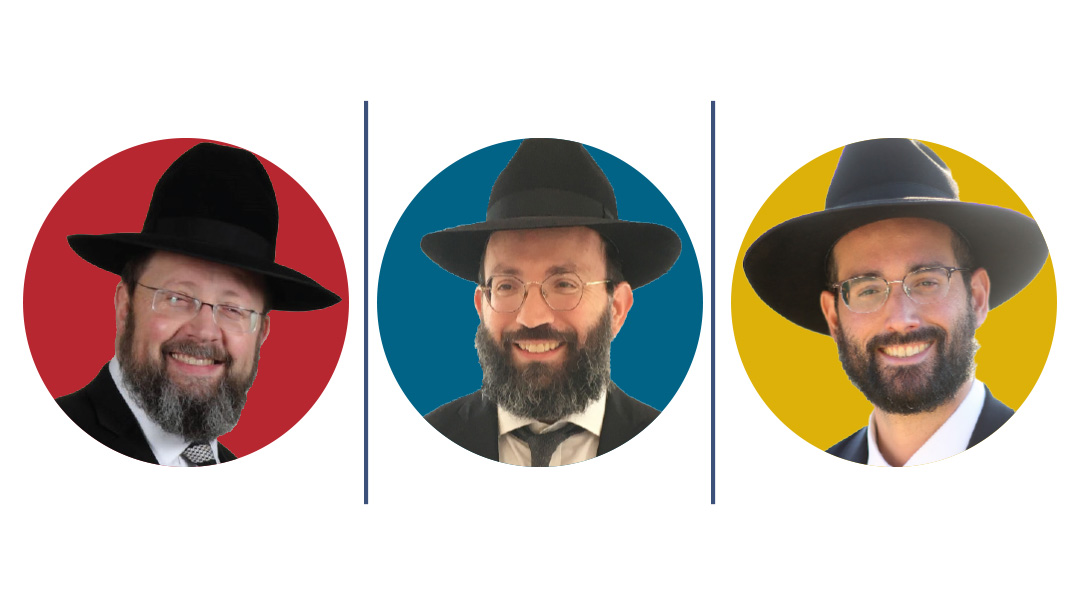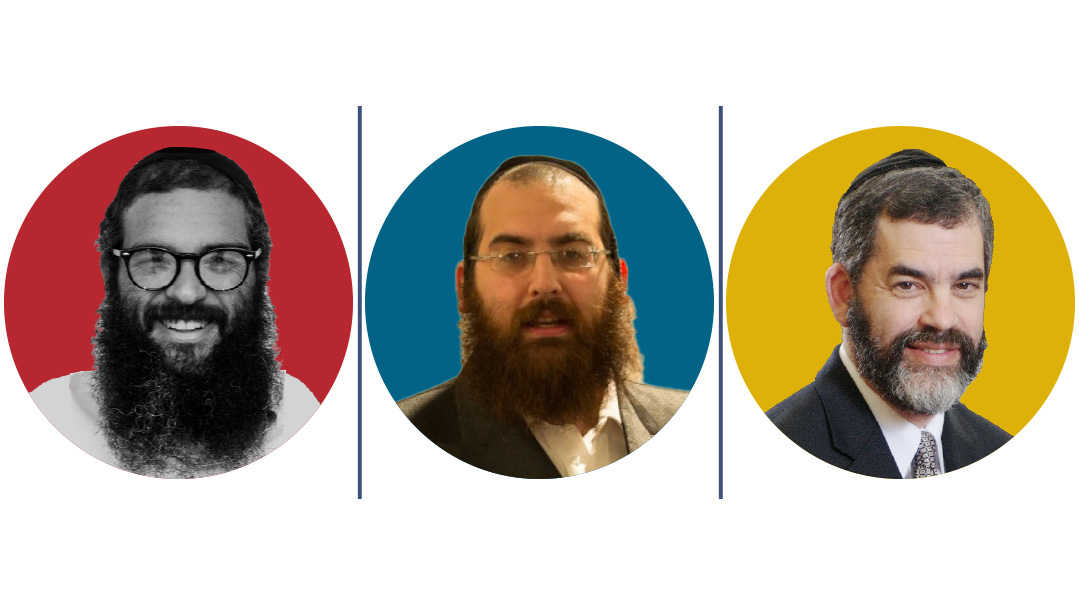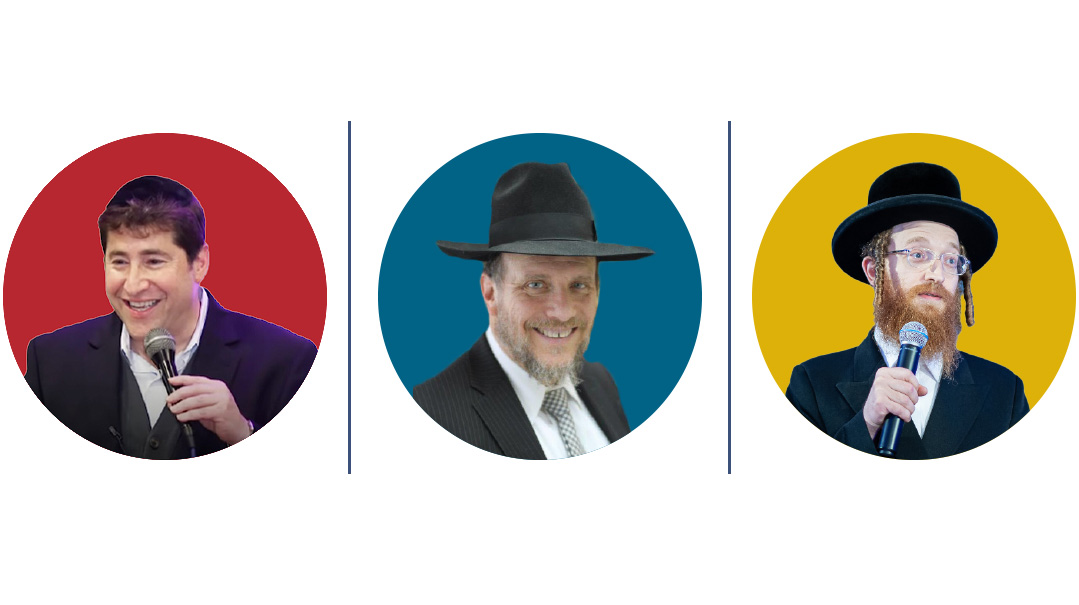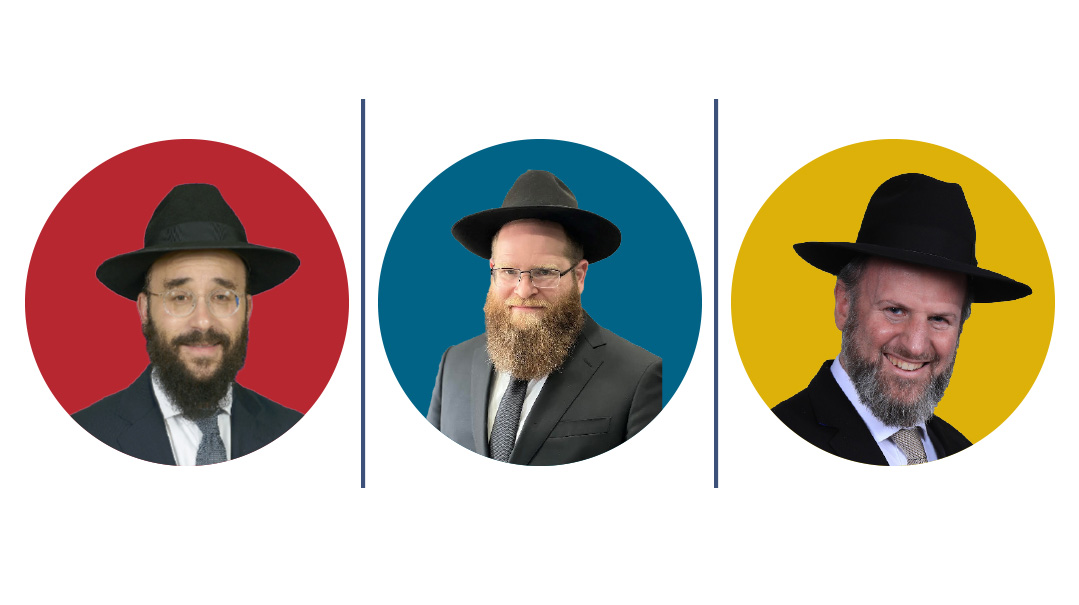Do Public Teshuvah Movements Block Personal Change?

“Strengthening one area of avodas Hashem shouldn’t be seen as an impediment to growing in other areas”
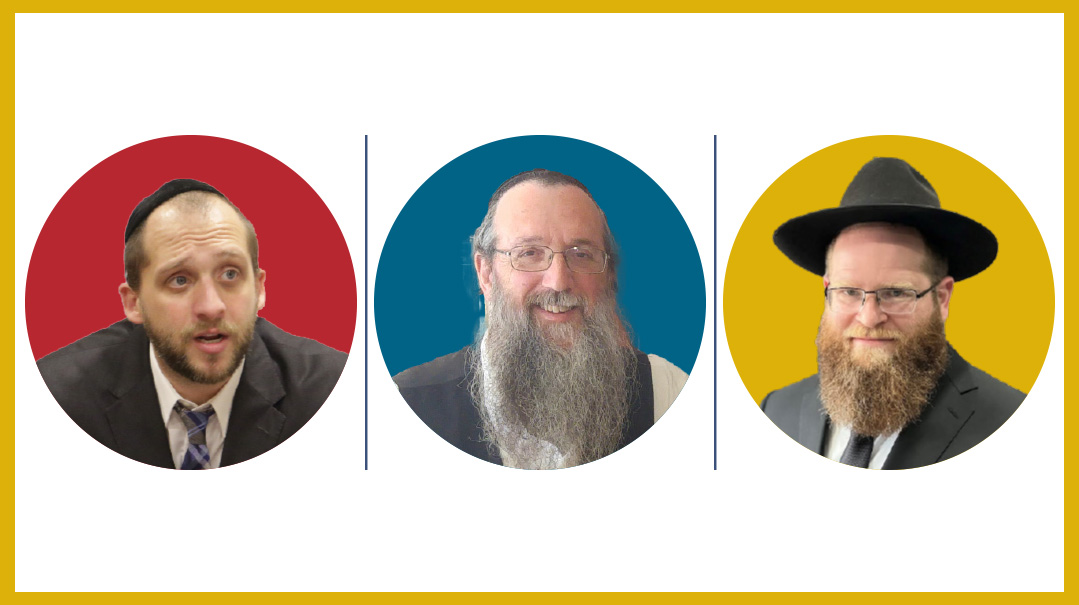
The claim: “The popular ‘let’s-change-together’ teshuvah movements can enable people to avoid addressing very real individual flaws that are best tackled privately”
Rabbi Gavriel Friedman
could be (but that could be okay)
D
oing something with a group helps with motivation and keeps the momentum going. You feel part of something bigger than yourself, and the encouragement you receive as part of the team can propel you to success. While it’s true that a group endeavor may not address a specific person’s flaws, growth itself, in any area, is key. The more we grow, the more we want to grow. When we participate in a group effort, we strengthen our growth muscles, which will ultimately make it more feasible to later tackle those areas that we may be avoiding working on.
Chazal teach us: “Tafasta merubah, lo tafasta; tafasta miutah, tafasta.” We generally understand this to mean that if you grab too many things, you don’t end up holding on to anything. However, if you grab a little bit, you will be successful in holding on. Perhaps we can also look at this Chazal as telling us that if you grab “merubah,” one thing that’s really big, you won’t be able to hold on to it; however if you grab “miutah,” something that is small, you’ll manage to hold on to it. It’s important to work out our growth muscles, slowly building our abilities to overcome challenges and grow, so that one day that merubah, that big thing, morphs into something that is now miutah, small and manageable.
Is it better to join a group movement than to tackle the issue that you know that you have and are avoiding? I don’t think it’s a matter of better or worse, I think it’s a matter of what’s going to be the most productive. If you’re able to take on the group effort as well as a personal endeavor, go for it! However, let’s be realistic in where we’re at and take on what we can, slowly but surely developing ourselves in order to continue growing.
Rav Gav is a maggid shiur and international lecturer who travels around the world helping Yidden deepen their relationship with Hashem.
Rabbi Aryeh Nivin
Agree
I
think public teshuvah campaigns are a great service to our community and are quite helpful. The social pressure of a public initiative to tackle a communal flaw is very helpful and needed.
Nevertheless, people need the skill and self-awareness to determine if a specific initiative is right for them. It’s imperative that every person reflect and contemplate what is his major character flaw (“tikkun”) and his life’s mission. The ensuing self-awareness about who he is and what is good for him can help him decide if a particular teshuvah program is right for him.
This is the goal of Chodesh Elul: to provide space to think deeply about who we are and where we are going in life, particularly in this upcoming year. In our Chabura System, we have hundreds of people actively reflecting on their individual purpose and mission in life.
The problem isn’t the public initiatives per se, but that every person needs to be connected to mentors or programs that can teach him the skills of functioning as an individual within the larger community. It’s also imperative that a person have rabbanim, mentors, or friends he can talk things over with. With all this in place, he is less likely to invest energy into a group endeavor that isn’t leading him on the path he needs to go on.
Rabbi Aryeh Nivin is the founder and director of Rabbi Aryeh Nivin’s Chaburas, a virtual Jewish personal development community, and of the research institute Machon HaAdam Hashalem. He is a mentor, researcher, and teacher who has spent 30 years transforming thousands of lives with his down-to-earth manner, humor, and insights.
Rabbi Yussi Zakutinsky
Unlikely
I
t’s important never to discourage any effort a person makes toward growth in avodas Hashem. Even one inch of movement closer to Hashem in This World equals many light years in the Higher World, especially in this generation, when there are so many distractions from the truth.
There is one point I’d like to clarify regarding this topic. “Lev yodeia maras nafsho — The heart knows the pain of its soul” (Mishlei 14:10). We all have an entire laundry list of things in our avodas Hashem that we must improve. But a sensitive heart will intuit that there’s always one particular area that is an ongoing struggle, and is the main obstacle standing between the Jew and who he or she must become. For some it is weakness in the observance of a positive mitzvah, while for others it involves the violation of a prohibition.
This weakness is not merely circumstantial. While every day our souls are returned to us with many objectives to accomplish in avodas Hashem, there is one primary mission that every soul is charged with over the course of its entire life. It is that particular struggle that is the main purpose of one’s very existence. Because that particular nisayon is designed to be the neshamah’s main shelichus, it is an ongoing, usually frustrating battle. But it is in this struggle that Hashem finds the greatest nachas in His children and the soul ultimately finds its greatest strength.
We may assume that if a person is dedicating time and energy to one of his secondary missions, he is neglecting his soul’s main mission. But the nature of holiness is accumulative. Since all Divine service is about deepening one’s connection to the One G-d, every mitzvah bears the quality of Hashem’s Oneness and shares a deep unity with every other mitzvah. Every mitzvah one performs unites on some level with every other mitzvah and helps build an entire infrastructure of kedushah. Every act of growth, even not in the context of the soul’s primary mission, brings a person closer to the ultimate goal of fulfilling his main mission in life.
While all acts of kedushah are intertwined, this is not so with impurity. Although spiritual dullness may set in as a result of sin, which will then make further sin more likely and enticing, on a fundamental level sin is not accumulative. Every sin exists on its own and is not any bigger or more damaging because of previous or future sins.
In light of the above, strengthening one area of avodas Hashem shouldn’t be seen as an impediment to growing in other areas. As long as a person is honestly, humbly doing teshuvah in one area, they will b’ezras Hashem see growth in all areas.
Rabbi Yussie Zakutinsky is the mara d’asra of K’hal Mevakshei Hashem in Lawrence, New York. Renowned for his unique ability to teach lofty chassidic concepts in a down-to-earth way, Rabbi Zakutinsky is a highly sought-after lecturer. Rabbi Zakutinsky learned in Yeshivas Shaar HaTorah, where he received semichah from the Rosh Yeshivah, Rav Kalman Epstein shlita. Rabbi Zakutinsky is the author of Sefer Yam HaTefillah as well as Sefer Mei Moed. He lives with his wife and children in Lawrence, New York.
(Originally featured in Mishpacha, Issue 928.
Oops! We could not locate your form.

